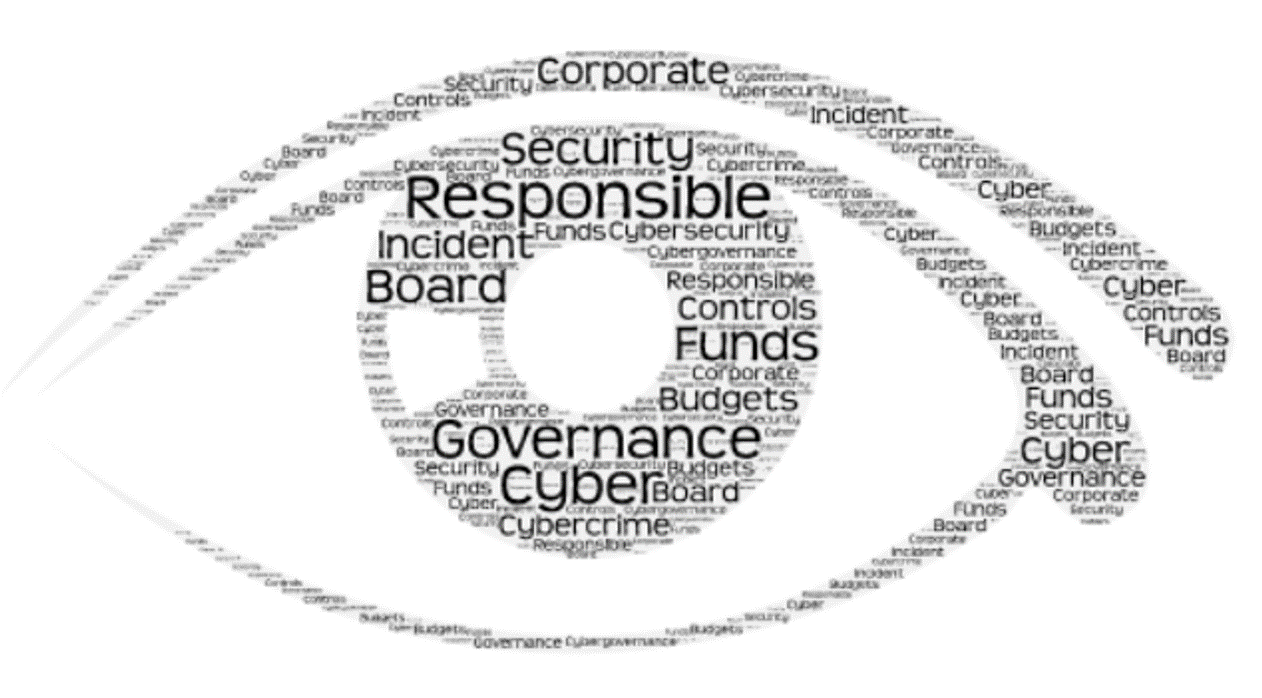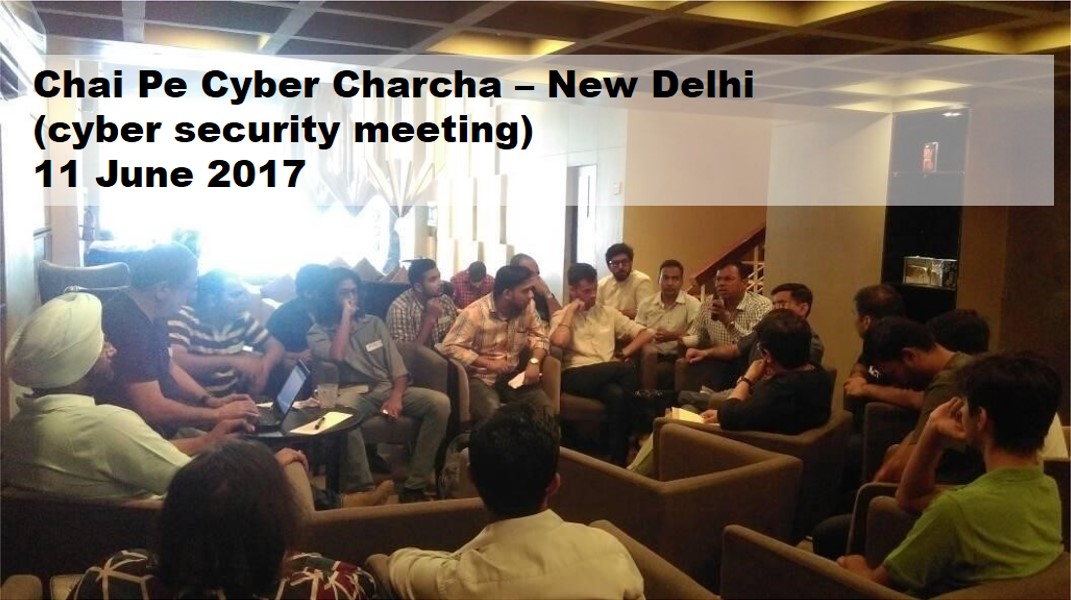Utah Data Center
The Modi Government has taken a bold step by going in for demonetisation, how this will help the nation in the short, medium and longterm are as we speak being hotly contested with economic experts of various hues divided. On one aspect there is no contest is that this is a major restructuring of a large national economy that encompasses 1/6 th of humanity. The ripple effects of this major move will have far reaching consequences not only in the economic fabric of the nation but also in the political and national security domains.
While the economic and political dimensions of demonetisation is being hotly debated, the national security dimensions of this move have still not fully been comprehended by our strategic community. One of the declared motives for demonetisation is to shift the largely cash based economy to a cashless one. Infact; one of the first companies to celebrate the demonetisation was Paytm a company that took out full paper ads celebrating the move. Other companies that should celebrate are payment gateway system companies like Visa and Mastercard. The desi version RuPay also gave out their advantages over the established foreign ones mainly, substantially lower charges. Social media also extolled the vitues of the SBI wallet over Paytm which is ‘partially owned by a Chinese MNC Alibaba’.
The Cyber security community brought out the dangers of our cash being stolen by cyber criminals due to the increased exposure to online transactions. Rahul Gandhi’s twitter account hack also brought the cyber security concerns on national centre stage. All these have again missed the central point. This nation does not have a privacy law that includes data localisation. With large sections of our population and economy that had still not participated in our organised banking sector that is now being forced (rightly so) into the organised sector, the urgency to have proper privacy laws that mandate data localisation and an indigenous industry to support our ICT critical infrstructure looms larger than ever.
With the news that the Government also plans to conduct all digital transactions using the Aadhar number magnifies the threat many fold. For those of our decision makers that have still not heard of it, theIntelligence Community Comprehensive National Cybersecurity Initiative Data Centeris the centre of US InfoWar efforts. The US govt has spent a few billions building this centre. Let me copy the paragraph from Wikipedia to make the readers understand “The planned structure provides 1 to 1.5 million square feet (90,000–140,000 m2),[20][21][22] with 100,000 square feet (9,000 m2) of data center space and more than 900,000 square feet (84,000 m2) of technical support and administrative space.[7][20] It is projected to cost $1.5–2 billion.[3][7][20][23][24] A report suggested that it will cost another $2 billion for hardware, software, and maintenance.[20] The completed facility is expected to require 65 megawatts of electricity, costing about $40 million per year.[7][20] The facility is expected to use 1.7 million gallons (6,435 m3) of water per day.[25] An article by Forbes estimates the storage capacity as between 3 and 12 exabytes in the near term, based on analysis of unclassified blueprints, but mentions Moore’s Law, meaning that advances in technology could be expected to increase the capacity by orders of magnitude in the coming years.[2]” What would such a facility achieve ? Would other nations be also planning such facilities ?

Pic courtsey : Wikimedia
The human race has not evolved much in the last 10,000 years and that is why history is an important subject of study. All that has changed is the garb in which the naked ape tries to get a competitive advantage over the rest in his quest for survival and supremacy. Nation states also behave in similar fashion but in a much colder impersonal manner for advantage over others. Imperialism in the information age comes cloaked in various disguises.
Data they say is the new oil, with data analytics being the combustion engine that will drive it. In the information age the Indian nation with its long history of invasions, subjugation and exploitation can ill afford to be complacent. A privacy law with data localisation and the critical infrastructure in the information domain being built on indigenous technology is the key to the defence of the Indian nation. Demonetisation has only accelerated and accentuated the need for the same. It is already too late, any further delay will have tragic consequences. It would be pertinent to highlight that Xi Jinping has given out his vision to prepare the PLA to fight wars in the InfoWar era by 2020. When you look at the market penetration of Chinese ICT products in India especially in the critical infrastructure they are well on track to achieve this stated deadline.














Excellent article, makes a lot of sense. There is plenty of opportunity for the development of indigenous ICT Security products in India. Going cashless makes millions of people vulnerable to cyber crime!
The article very aptly highlights the need for privacy law & data localisation . Couldn’t have agreed more. There is an urgent need for addressing the issue, lest we learn it the harder way.
Enjoyed reading your article.Congrats.bnr
Agreed. We need to have strong privacy protection laws and data localisation. Else hackers and identity thieves will have a field day.
It is not only hackers, other nation states can also exploit our data for a competive advantage in trade, diplomacy, military etc.